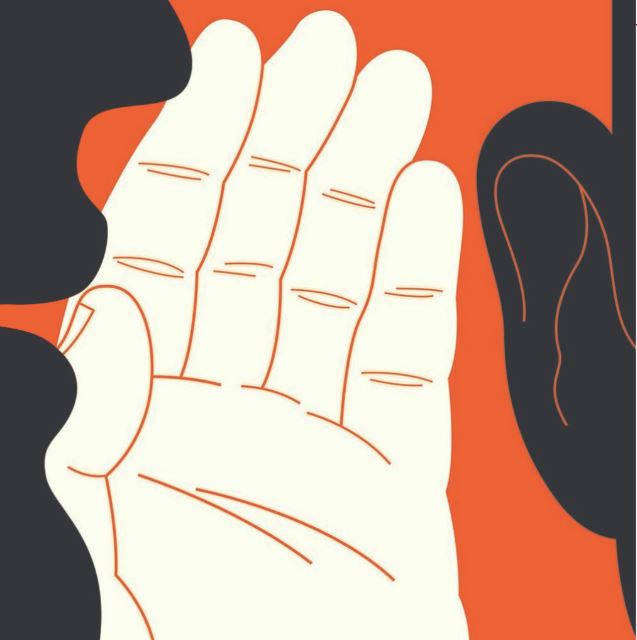
A Physician's Surprising Encounter With ChatGPT
From the Nominator
In this essay, I [Standford University's Jonathan H. Chen] explore the rapidly shifting intersection of medicine and artificial intelligence (AI). which is increasingly blurring the roles of humans vs. computers. Drawing from my dual experience as a physician and a computer scientist, I tested an AI chatbot with ethical dilemmas and challenging medical scenarios that require nuanced judgment. Through a role-play involving a patient's wife faced with the decision of whether to insert a feeding tube in her husband with advanced dementia, I tested the chatbot's ability to navigate the intricate layers of medical advice, emotional support, and ethical considerations. The results were surprisingly positive. The chatbot provided responses that were not only technically accurate but demonstrated an understanding of emotional and ethical complexities. It offered balanced, compassionate advice that considered the patient's dignity, the family's emotions, and the broader ethical implications of medical interventions. Once I got past the initial discomfort of realizing the chatbot was likely providing better counseling than I did in a real life, I considered optimistically how this experiment highlights the potential for AI to complement the work of medical professionals, not by replacing human interaction but by enriching it. The AI demonstrated an ability to engage in sensitive conversations, suggesting a future where AI could serve as a support tool for clinicians and patients alike, facilitating discussions on difficult medical decisions and potentially improving the quality of care.
From the Judges
We agreed, a great article on a cutting-edge topic that many are grappling to better understand. Additionally, good use of resources, and we liked how the writer reframed the usefulness of AI in a way that was discernible for a common reader.







